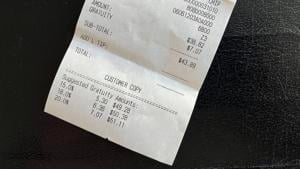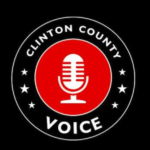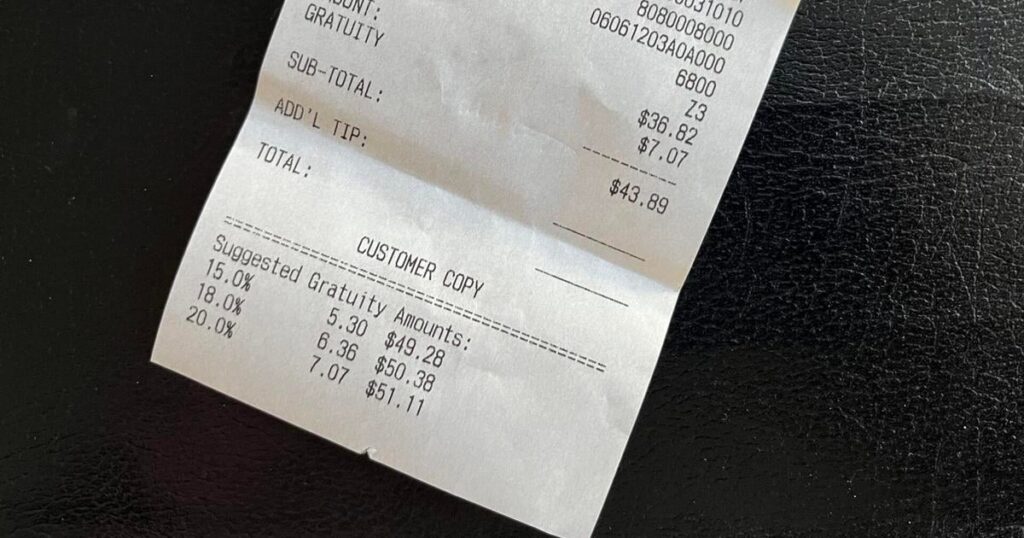
(The Center Square) – Congress passed the “one big beautiful bill” and in it a provision that temporarily exempts certain tipped income from federal taxes, a major shift from long-standing tax policy treating tips as taxable income.
Alex Morishaner, an analyst with the Tax Foundation, said their estimate from last year found that excluding tips from the income tax but not the payroll tax would impact federal tax funds by $107 billion over 10 years, assuming no behavioral change in tipping.
“We estimate that the Senate version, which caps the deduction for tips at $25,000 while also restricting the benefits to tips in historically tipped industries and excluding some higher income taxpayers as well, would cost $31 billion from 2025 to 2028,” said Morishaner.
Morishaner said the measure could slightly favor tipped workers over wage earners but expects minimal economic impact due to its limited scope.
“By restricting the benefits to historically tipped industries, you’re preventing maybe some potentially large behavioral effects where you wouldn’t see, everybody from your lawyer to your, you know, financial advisor suddenly being compensated by tips,” said Morishaner. “But you could see smaller versions of those dynamics within currently tipped occupations depending on how those end up getting defined.”
Morishaner said the IRS has gotten better at collecting taxes on tips fairly. He also said taxing tips as income, just like any other type of income, makes sense as a policy.
“It’s good that they’ve been able to improve tracking and collecting taxes owed on tips and it would be unfortunate to turn back from those improvements in tax administration,” said Morishaner.
In Illinois, a senator is supporting legislation to extend similar tax relief at the state level.
State Sen. Chris Balkema, R-Channahon, said Senate Bill 140, which has not advanced out of committee, would exempt tipped income from state income tax for workers in eligible industries.
“This is about giving a break to average working people,” Balkema told The Center Square. “In Illinois, taxes are high across the board. This bill is an attempt to ease the burden on those working in restaurants, salons, hotels — people who are often living paycheck to paycheck.”
Balkema acknowledged concerns that exempting tips could create tax advantages for certain sectors, but said service workers represent some of the state’s lowest earners.
“If someone provides excellent service and earns a generous tip, they shouldn’t be penalized with additional taxes,” he said. “There are many other areas where we can reduce spending to offset any potential revenue loss.”
While the federal exemption is now law, its temporary nature — and its income-based restrictions — mean further debate is likely as it nears expiration in 2028. At the state level, similar efforts are just beginning. Balkema said he hopes to reintroduce the measure in the fall veto session or in the next regular session.





